Carnivore Diet Beginners: What I Wish I Knew
Posted by Mira on May 8, 2025 in learn
I heard about the carnivore diet when I was searching for alternative ways to treat my autoimmune conditions. The carnivore diet community on X kept showing up in my feed, and many people were sharing their success stories. Without thinking too much, I decided to jump on this diet. Before then, I had never tried any specific diet — I just ate what I liked, based on my general understanding of health and nutrition.
My enthusiasm definitely kept me from reading more about what to know before starting the carnivore diet. Now I’m documenting what I wish I had known before jumping in.
Contents
- The First Few Weeks Are Rough — and That’s Normal
- Fat Is Your Friend
- Give Your Body Time
- Not Everyone Is the Same
- Cravings Will Pass
- You Don't Need All the Supplements
The First Few Weeks Are Rough — and That’s Normal
In the first few weeks, you should expect the “keto flu.” Symptoms can include headache, low energy, irritability, and brain fog. This happens because your body is switching from using carbs to using fat for fuel — and that transition takes time.
I listed all the symptoms I experienced and how to recover from them in my post, Keto Flu Symptoms and Recovery.
Fat Is Your Friend
For a long time, we were told that fat is bad for us. Protein never carried the same stigma. However, on the carnivore diet, protein is what you use to build and repair your body — fat is your main energy source. You need fat — a lot of it.
Don’t trim it off or avoid it. Eating butter might sound crazy to people used to the Standard American Diet, but it’s actually very healthy on carnivore. Slowly adding butter to your meals can help you transition to the carnivore diet. Over time, you’ll likely notice that including animal fats leaves you feeling more energized and helps improve your sleep.
If you want to learn more about the benefits of fat, I wrote about carbs vs. fat in my post, Carbs vs Fat.
Give Your Body Time
Every time you make a change to your diet or lifestyle, you need to give your body time to adjust — and the carnivore diet is no exception. It’s not like you make a change and your body instantly follows.
Let me share a story. When I was going through the keto flu, I had a headache. Based on my research, I learned it might be caused by low sodium. Like many people suggested, I put some salt on my tongue and drank some water. But when I didn’t feel better right away, I assumed I must be lacking a lot of sodium, so I added salt to my water and drank two bottles. By the second day, the headache was gone — but I ended up with water retention from too much sodium! That’s when I learned that after taking sodium, I should have waited about 30 minutes to feel better. But at the time, I was too impatient.
When making adjustments — like adding more fat, salt, protein, introducing a new supplement, or making any other changes — start slow and give your body time to adjust.
Not Everyone Is the Same
The carnivore diet can work for many people, but everyone is different. Some people may need to adjust their diet or lifestyle to make it work for them.
For example, some people find it hard to lose weight or feel irritated when consuming dairy, while others have no issues at all. Some discover that eggs trigger inflammation, while for others, eggs are perfectly fine. Some have trouble with pork, while others thrive on it.
I believe this comes down to our unique microbiomes — that’s why people can react so differently to the same foods. In general, the carnivore diet is one of the safest diets out there, as meat provides all the nutrients and energy your body needs.
You can learn a lot by reading about other people’s experiences on the carnivore diet, but remember: their experience may not apply to you. The best approach is to experiment and see what works for your own body. Understanding this also helps us avoid judging others for their choices.
Cravings Will Pass
At first, sugar and carb cravings can feel intense. But once your body adjusts, those cravings usually fade — and you stop obsessing over food all the time.
I believe our gut bacteria play a big role in this. They thrive on what we feed them and communicate with the brain through the vagus nerve. When sugar-loving bacteria are hungry, they send signals that drive carb cravings. But after some time on a meat-only diet, those bacteria die off and are replaced by ones that thrive on meat and fat. As this balance shifts, the cravings naturally diminish.
You Don't Need All the Supplements
Beef contains all the essential nutrients your body needs — you don’t need supplements. The longer I’ve followed the carnivore diet, the more I’ve come to believe that God has already provided everything we need to thrive. If that weren’t true, our hunting ancestors would have gone extinct long ago.
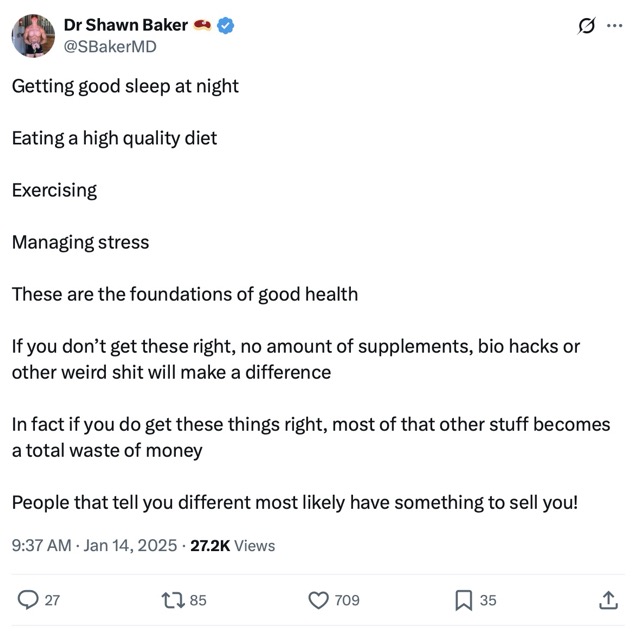 Dr. Shawn Baker tweeted: "Most supplements are unnecessary."
Dr. Shawn Baker tweeted: "Most supplements are unnecessary."
When Dr. Shawn Baker talked about how unnecessary most supplements are, I was skeptical at first. But then I started noticing things in my own body. For example, when I took vitamin D, my muscles became tense, and I had to supplement with magnesium because the vitamin D depleted it. On top of that, the vitamin D made it harder for me to sleep. It felt like supplementation just created a nonstop chain of new problems.
Here are a few reasons to avoid supplements:
- Special nutrients in supplements often require cofactors to be absorbed properly.
- It’s easy to overdose without realizing it.
- Many supplements are synthetic and poorly absorbed by the body.
- In the U.S., supplements aren’t regulated by the FDA, so companies can make almost any claims they want about their products.
Beef, on the other hand, has all the nutrients your body needs — perfectly packaged, in the right amounts, working together in harmony. It’s nature’s perfect food.
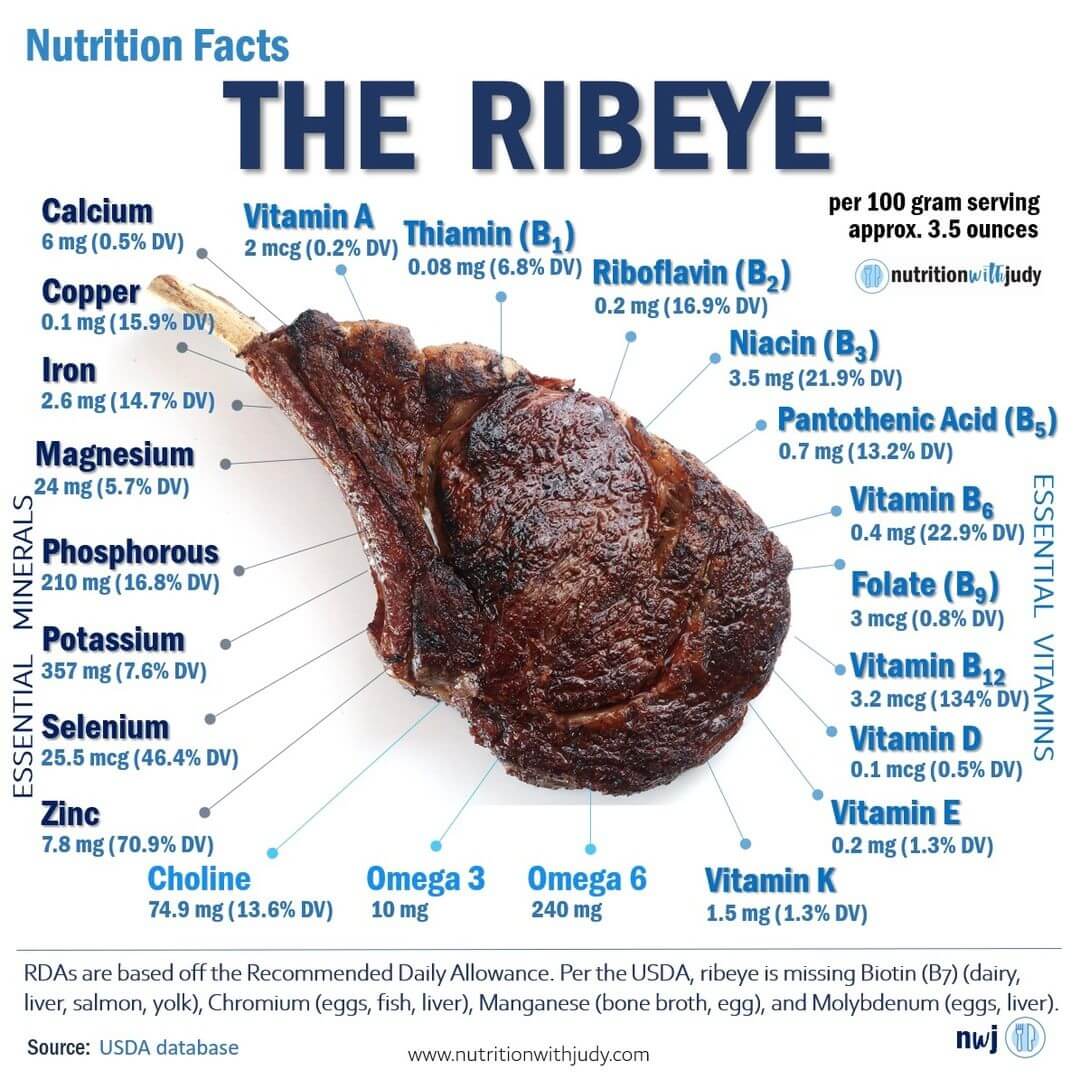 Source: Is Steak Healthy?
Source: Is Steak Healthy?
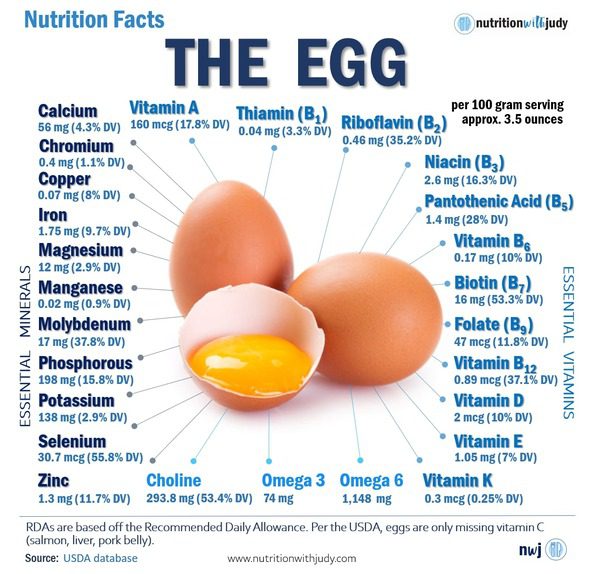 Source: The Nutrition Facts of the Whole Egg
Source: The Nutrition Facts of the Whole Egg
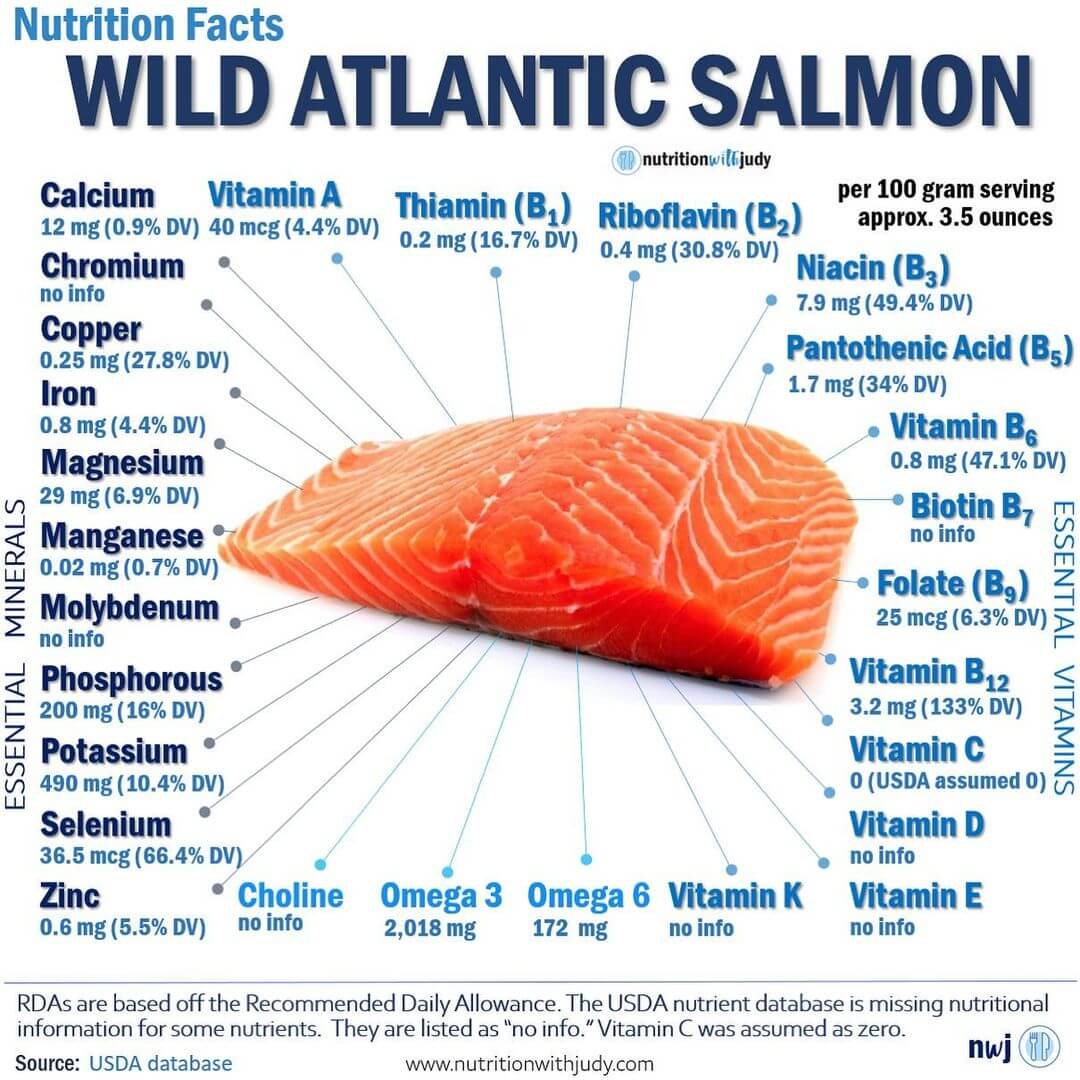 Source: The Nutrition Facts of Wild Atlantic Salmon
Source: The Nutrition Facts of Wild Atlantic Salmon
 Source: The Nutrition Facts of Butter
Source: The Nutrition Facts of Butter
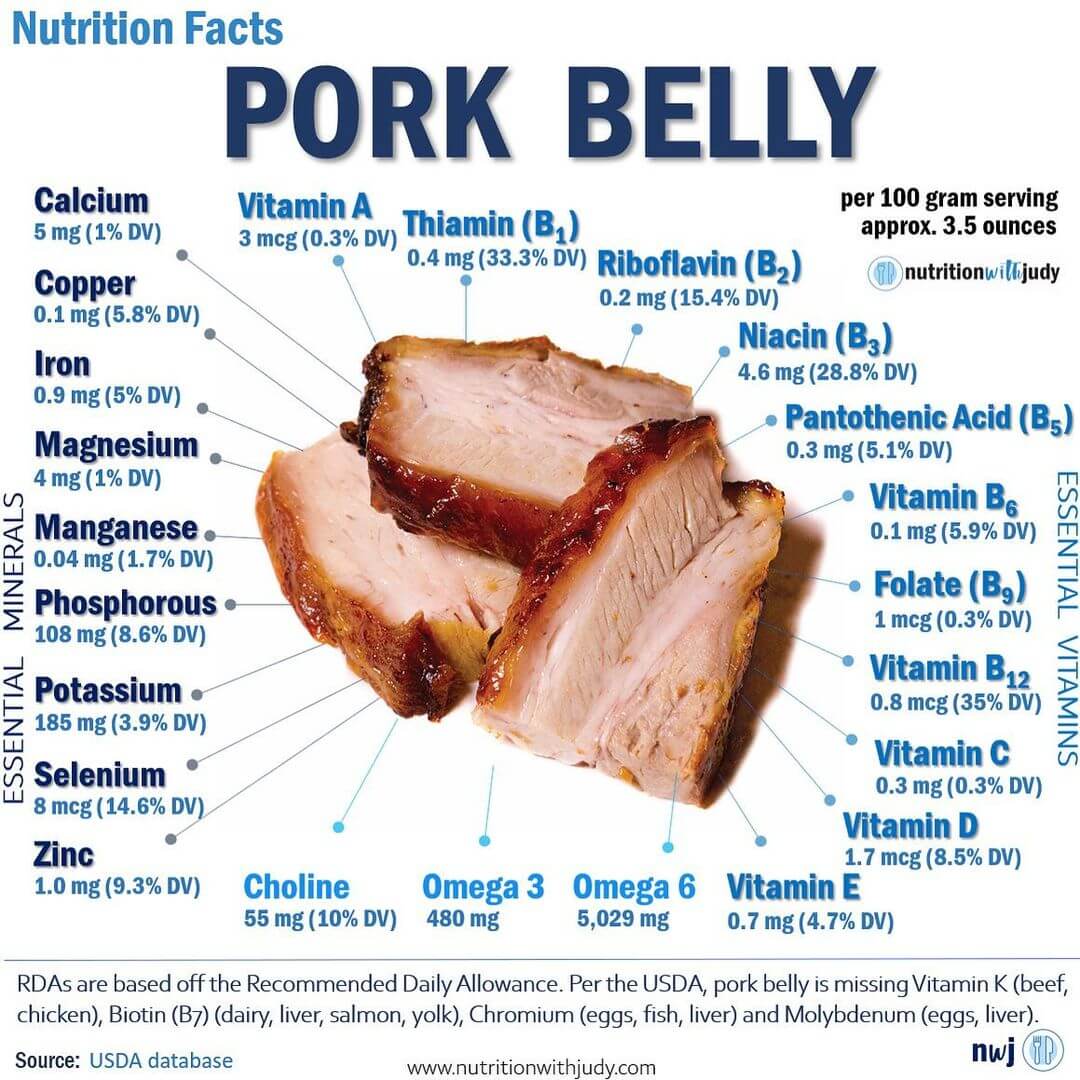 Source:
Source: 



